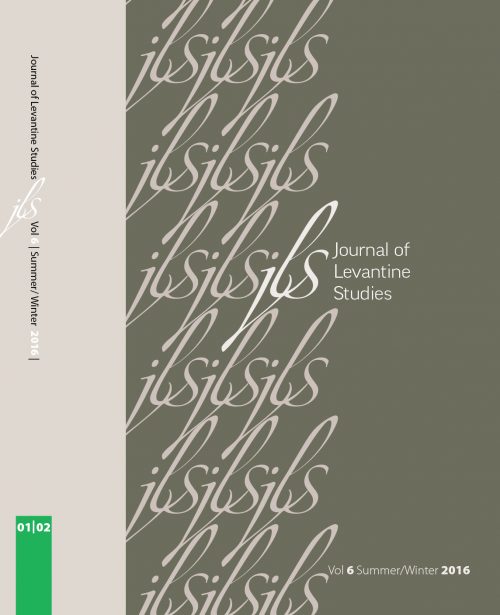-
Add to cartQuick view
Were God’s People Destined to be Ruled by a Mortal King? A Judeo-Converso-Christian Tradition
Free!While the use of Old Testament imagery and biblical tropes was quite common in public representations of medieval monarchies, the ancient Israelite kingship played only a minor role in the new political science—which rested primarily on Aristotelian and juristic languages—that evolved in the late Middle Ages. Moreover, since most Christian readers of the Bible believed that biblical kingship was founded as a sinful act of rebellion against the rule of God (as described in 1 Samuel 8), promonarchical thinkers tended to discard its relevance to scientific political theory, resorting to the principal hermeneutic, legal, and moral divide between the histories of the Old Testament and the Christian realities under the new covenant. This paper seeks to examine one channel through which the “converso phenomena” and the massive entry of Jewish converts to the forming ranks of letrados in the 15th century challenged this division and stimulated new biblical readings that broadened Hebraic-political horizons. Focusing on the biblical commentaries of the famous convert Pablo de Santa Maria (c. 1352–1435), who served at both papal and royal courts, the paper follows his attempt to level the hermeneutical field between biblical monarchy and Christian political theories. As will be demonstrated, these ideas, which echoed the Hebraic traditions that Pablo had mastered as a Jewish scholar, struck a chord with their Christian audience, stimulating a variety of responses among scholars of the following generations, among them Alonso de Cartagena (1384–1456), Alonso Fernández de Madrigal (c.1410–1455), and Isaac Abravanel (1437–1508).
Add to cartQuick view -
Add to cartQuick view
Don Isaac Abravanel and the Conversos: Wealth, Politics, and Messianism
Free!The figure and the problem of the converso are often addressed in Abravanel’s works, especially after the 1492 expulsion, as has already been noted and studied by earlier scholars. Yet the link between Abravanel’s theological-political conceptions and his disseminated remarks on converts has not been studied as such. In this article I will try to partially fill this lacuna by studying a few of Abravanel’s important texts on the converts and by highlighting their theological and political background and meaning. Modern historiography has attempted to separate the political dimension of the converso phenomenon apparent in Abravanel’s biblical and messianic commentaries from the theological hermeneutical framework in which it is expressed. The following study focuses on Abravanel’s apologetic use and explanation of the conversos’ fate as it comes to the fore in several passages of his messianic work Mashmia yeshua (Announcer of salvation) of 1498 and of his commentary on Ezekiel of 1504. Abravanel’s messianic apology of Judaism after 1492 developed a certain theological and political meaning of the conversos’s destiny, which pointed at the converso not as a political figure revealing the historicity of the religious community but as a necessary by-product of exile participating in the messianic history of Israel and even revealing the stage it had reached.
Add to cartQuick view
- Home
- About JLS
- Issues
- Vol. 9 No. 1 | Summer 2019
- Vol 8 No 2 Winter 2018
- Vol. 8, No. 1: Summer 2018
- Vol. 7, No. 2: Winter 2017
- Vol. 7, 1: Summer 2017
- Vol. 6, Summer/Winter 2016
- Vol. 5, No. 2 Winter 2015
- Vol. 5, No. 1 Summer 2015
- Vol. 4, No. 2 Winter 2014
- Vol. 4, No. 1 Summer 2014
- Vol. 3, No. 2 Winter 2013
- Vol. 3, No. 1 Summer 2013
- Vol. 2, No. 2 Winter 2012
- Vol. 2, No. 1 Summer 2012
- Vol. 1, No. 2 Winter 2011
- Vol. 1, No. 1 Summer 2011
- Blog
- dock-uments
- Subscribe
- Submit
- Contact


